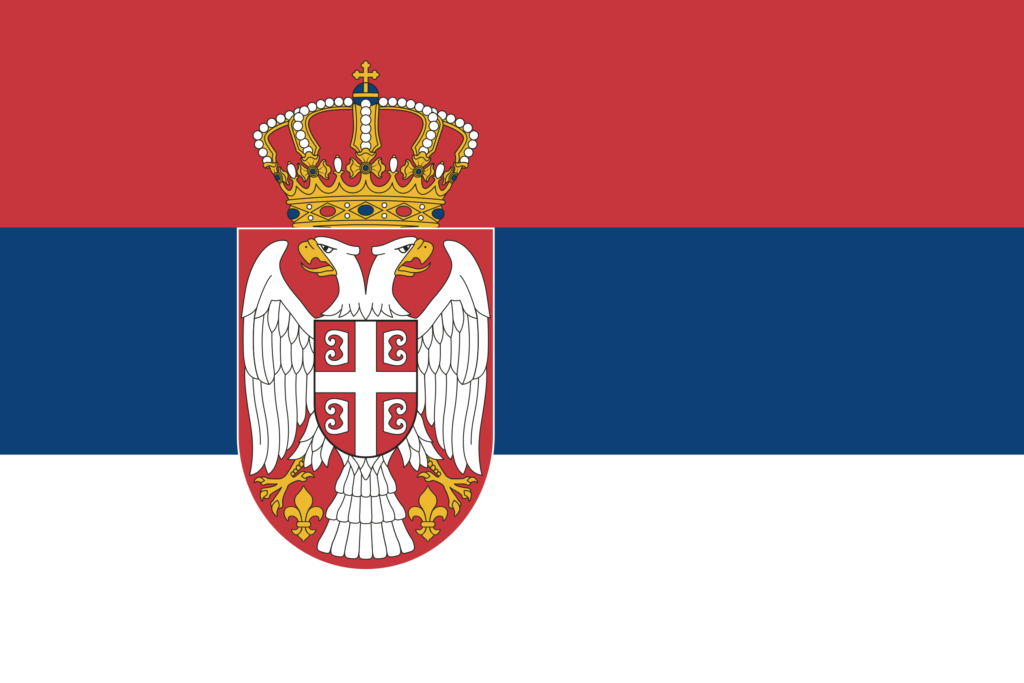In today’s globalized community, global relationship is becoming more and more prevalent. People from various nations meet in person to marry, find one another internet, or through social networking sites. The most crucial factor in an intercontinental relationship is the desire for love and companion, despite the many elements listed above. Countless people battle with the difficulties that come up in their relationships and marriages. But, some couples succeed in overcoming these challenges and lead happy lives together. The interactions of global union and how do they change engaged spouses’ well-being are explored in this article.
Using a qualitative view, this research explores the experiences of international individuals in China who have properly married Chinese companions while pursuing their studies in China. Results reveal that these lovers embrace mutual understanding and make personal choices in order to maintain their distinctions and succeed find more in their cross-cultural relationships. Their strong ties to one another and their willingness to accept each other’s cultural preconceived notions and individual traits enable them to accept their differences and overcome prejudices based on their cultural, ethnical, religious, and national backgrounds.
In a number of ways, this article improves the literature on international marriage ( Imm). It emphasizes how intricately migration and tradition intertwine in Imm. Particularly, it addresses energy interactions in Imm, which are often influenced by the migrant sister’s cultural placement in her home state and the dad’s societal ranking in their fresh homes. Additionally, it is discussed how some refugees are more adept at maneuvering and resolving disputes between their diverse ethnical standards than others, and how minor issues like eating habits or how holidays is cause discord in the Imm framework.
The contributors’ testimonies further demonstrate how they are able to successfully adapt and integrate into their new cultures by strengthening their ties to multiple social networks both places. For example, participant Is-5 grew attached to three distinct social groups in China —her family, her Korean friends, and the international students ‘ group —and felt integrated into their communities. She believed that her varied sociable relationships in China facilitated her social remake and well-being in the country.
Additionally, the study found that Chinese families’ skills in other language enables them to adapt more effectively to their spouses’ international nations. They are better able to navigate the complicated sociocultural environment in their spouses’ homes thanks to this verbal improvement, which makes communication more efficient.
Finally, the findings highlight how Imm has assisted migratory brides in fostering more different and flexible identities in their host civilizations. This is especially true for East Asian women who were able to form cluster identities in their new societies by getting married to foreigners, which helped them develop their cultural understanding and become more inclusive. Additionally, this procedure gave them the chance to grow their interpersonal support system and advance their own well-being. The study also draws attention to some of the difficulties that are present in this area and urges more aspects for this special sort of cross-cultural wedding.


